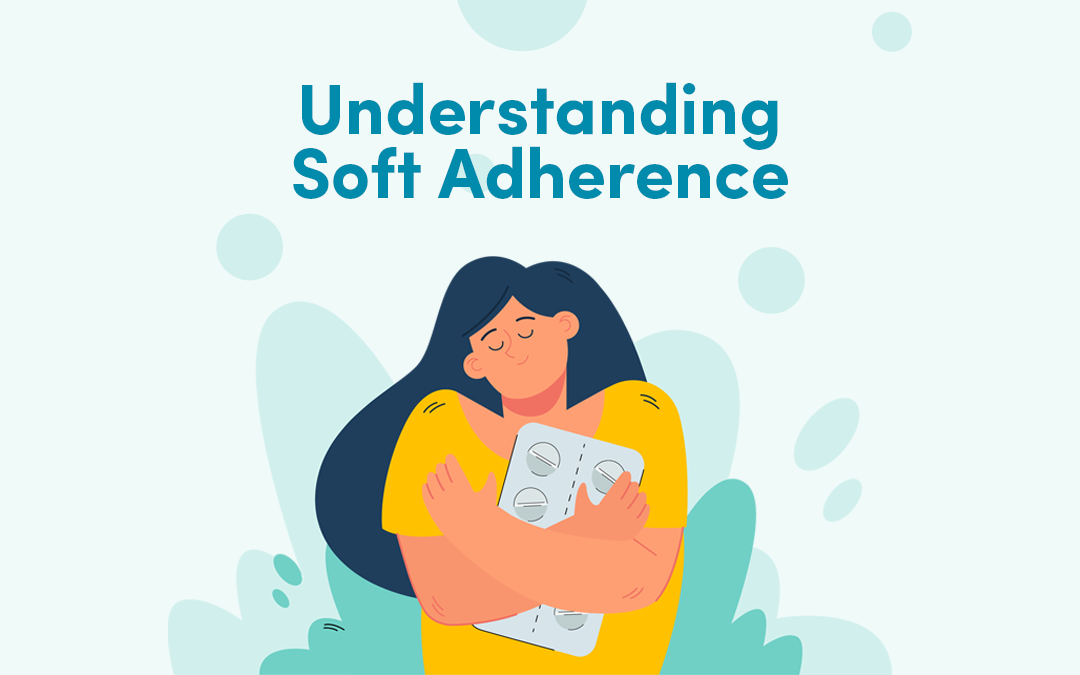
A key performance indicator for pharmaceutical companies is patient adherence to medication, with 80% being the typical adherence rate for optimal therapeutic efficacy. Unfortunately, studies show that adherence to chronic medications is only around 50%. When patients track adherence, they usually report it as an all or nothing proposition. They either took the medication or they didn’t. But if we take a personalized and adaptive approach to tracking medication adherence, we can help pharmaceutical companies better understand their patients, apply effective interventions where needed, and help patients on their health journey. With AI technology we are developing a holistic approach to adherence that we call soft adherence.
A conventional digital medication tracker is basically a reminder system. You put the name of your medication into the system, you enter your dosage, you set the times that you want to take those pills and then you get notifications that say whether or not you took your medication or you missed it. This one size fits all approach to tracking does not take into account individual preferences and behaviour. The patient succeeds or fails all on their own. If they are missing their medication, no one is made aware and we lose the opportunity to get patients on track and give insights back to the pharma company.
Holistic Approach
With soft adherence our approach is personalized and adaptable. Rather than ask a patient to input information into an inflexible digital system that may be technologically intimidating, we take a more humanistic approach. We ask the patient how they are doing and start building a relationship. Their answers determine our next steps. The personalized approach means we strive to understand an individual’s learning styles, obstacles, goals, and other important aspects of context, like what stage of disease state they are in or common side effects they are likely to experience, and tailor our recommendations around those details. We adapt as they change, as their disease state changes, and as they learn new habits and become more capable.
If they have a setback in life where they need to rebuild habits they once found were easier, we adapt to help them get back on track.
Artificial Intelligence Driven
Soft adherence aims to be less invasive. We meet people where they currently are and help step them up with incremental solutions that lead to a more adherence lifestyle. We have community managers who will reach out to the patient and they are backed by our assistive AI technologies. At the end of a period of time if we see the patient trending downwards, through artificial intelligence we can ask the right question and craft recommendations that feel fitted to them because we’ve gotten to know them better. Through AI we can look at large data sets and see patterns that correlate with personality traits. We are able to see patterns indicating who is more likely to become non-adherent and why they might fail. With this information we are able to troubleshoot and recommend the most effective interventions for each patient.
Soft adherence personalizes the patient experience and captures data that pharma and doctors can use to help patients. By looking at adherence strictly in terms of whether or not a patient takes their medication, we are missing out on valuable insights and the opportunity to help them do better. Our holistic approach of soft adherence can lead to better patient knowledge, better interventions, and better health outcomes.
If you would like to learn more about how soft adherence can be used to help build patient support, book a free demo with the Curatio team. Please contact: info@curatio.me

